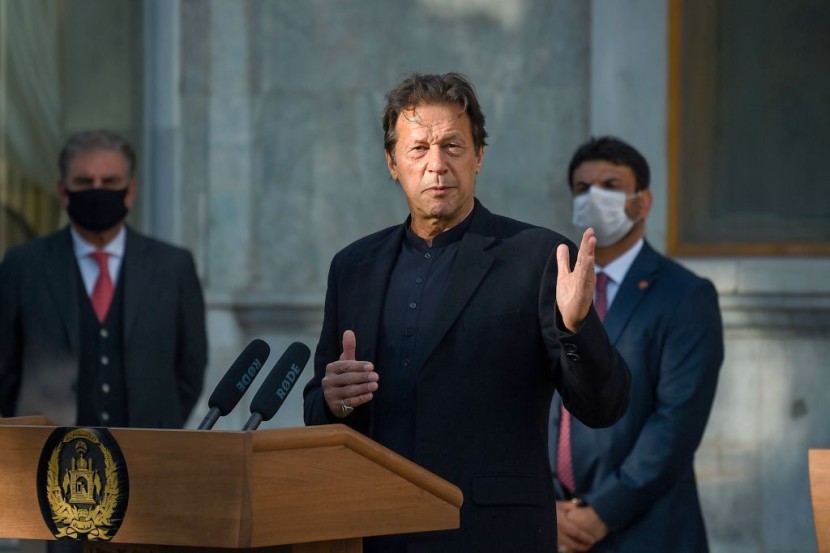
The Pakistani government announced that they agreed to a ceasefire with the Pakistani Taliban militants, an effort that took effect on Tuesday, as a result of several weeks of negotiations after Prime Minister Imran Khan revealed they were talking with some who were willing to disarm.
Authorities from the Pakistani government said that the month-long agreement could potentially be extended if negotiations with the Pakistani Taliban made further progress. The militants, who are a banned militant group, are responsible for some of the region's worst terrorist attacks in history.
Pakistan Taliban Peace Talks
The ceasefire with the Tehreek-e-Taliban Pakistan (TTP) appears to be the most significant step toward peace that the country has taken since 2014. At the time, negotiations between authorities and insurgents broke down and the Pakistani military conducted an operation to take back control of some parts of the northwest.
Pakistan Information Minister Fawad Chaudhry announced the agreement between the government and the Pakistani Taliban on Monday. A spokesman for the militant group, Muhammad Khurasani, confirmed the ceasefire in a statement that revealed it was effective until Dec. 8, the New York Times reported.
Both parties set up negotiation committees that would keep discussions between the two groups ongoing. In a statement, Khurasani said that the TTP was willing to negotiate with the Pakistani government for the restoration of durable peace nationwide.
The announcement of the ceasefire comes as a senior Afghan Taliban delegation that is led by Afghanistan Foreign Minister Mawlawi Amdi Khan Muttaqi is set to travel to Pakistan this Wednesday. The incident will mark the first time that an Afghan Taliban delegation will travel to Pakistan as a government representative since August where it took control of the region's government.
Despite the ceasefire talks not being on the agenda, the Afghan Taliban contributed to the talks between the TTP and the Pakistani government, Chaudry said. The Pakistani Taliban have long fought to take control of the country and overthrow the government. They aimed to replace the ruling body with an Islamist state since 2007, CNN reported.
Negotiations for Peace and Security
Media reports revealed that the minister focused the negotiations on "state sovereignty, national security, peace, social and economic stability" in the areas concerned. TTP leaders were believed to have been hiding in Afghanistan during negotiations with the Pakistani government.
The militant group was formed in 2007 by armed rebels and has since caused the deaths of thousands of people in dozens of attacks in the last 14 years. In 2013, Pakistan launched an operation to try and force out the TTP fighters, an engagement that resulted in the displacement of about a million people. They later returned to their homes in 2017 after the government claimed victory against the armed militant group.
While the Pakistan Taliban has been driven from its stronghold in the tribal districts by military offensives from the Pakistani government, it is estimated to have control over 4,000 to 5,000 fighters. The majority of its members are believed to be based across the border in Afghanistan, Aljazeera reported.
Related Article: Biden Administration Considering To Exempt Afghan Evacuees From Paying Application Fees To Work or Apply For Lawful Permanent Residence








